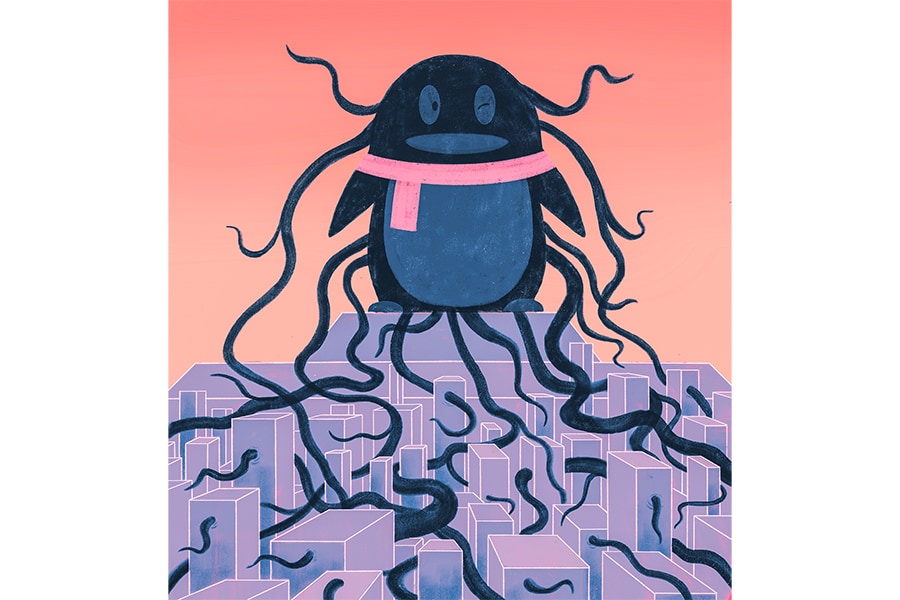
Why China's hated tech titan decided to play nice
No longer Public Enemy No. 1, Tencent now enjoys a status akin to an enlightened ruler of an expansive tech empire, with a big chunk of the Chinese internet industry now belonging to what's known as the Tencent ecosystem
 Tencent’s popularity may help it avoid trouble with Beijing. But its vast power could still squelch innovation in the world’s largest online market; Image: Jialun Deng/The New York Times
Tencent’s popularity may help it avoid trouble with Beijing. But its vast power could still squelch innovation in the world’s largest online market; Image: Jialun Deng/The New York Times
(The New New World)
A few months after Wang Xing founded a Groupon-like e-commerce service called Meituan, he learned that China’s biggest internet company, Tencent, had started a similar venture.
“Is there any business that Tencent wouldn’t do?” he asked.
Wang’s quote led a 2010 magazine article about Tencent with a headline so famously profane — think the rough Chinese equivalent of an F-bomb — that two top editors were fired shortly after it was published. The cover depicted Tencent’s mascot, a chubby penguin wearing a red scarf, stabbed with knives, blood dripping to the floor.
Dramatic, perhaps, but back then the Chinese technology industry considered Tencent to be Public Enemy No. 1. It wouldn’t hesitate to copy somebody else’s idea and drive the upstart out of business. Its top executives were confronted at industry conferences and in media interviews. Entrepreneurs called it the industry’s most brazen copycat.
©2019 New York Times News Service




